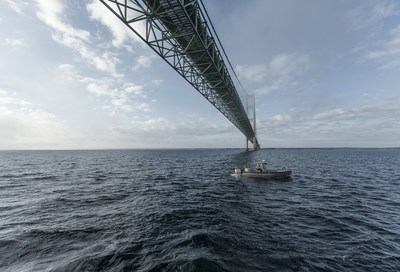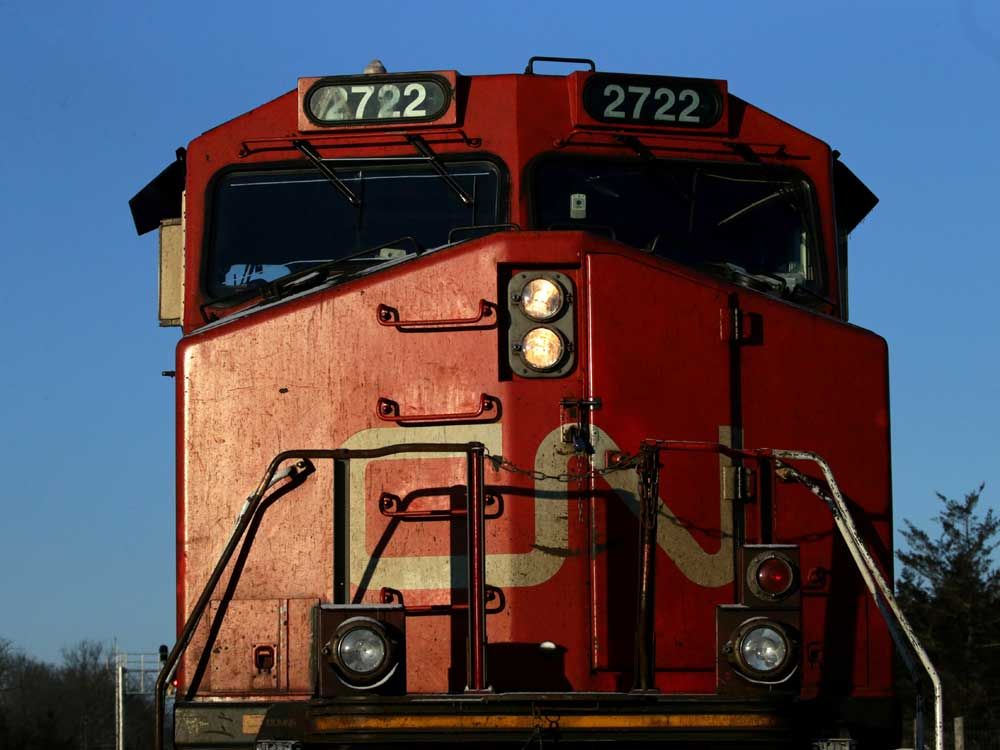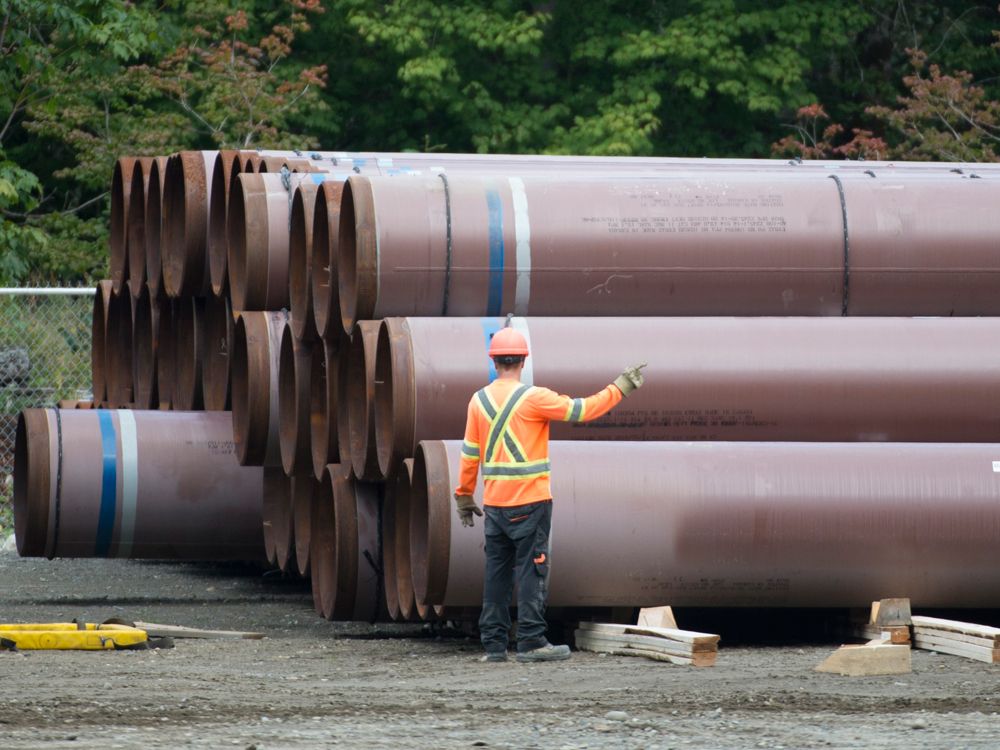QV
Army.ca Veteran
- Reaction score
- 2,478
- Points
- 1,010

Parliamentarians affirm importance of Line 5 pipeline for Canada and U.S.; call for urgent executive action to keep Line 5 operating
CALGARY, AB, April 15, 2021 /PRNewswire/ - A multi-party Canadian House of Commons Special Committee report released today affirms the economic im...
For folks in Ontario and Quebec, you better hope Line 5 isn’t shut down. But after all, pipelines are bad so maybe we’ll all be better off.




